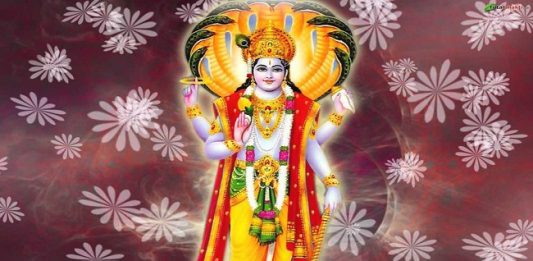The Six Darshanas: Unveiling Hindu Philosophy
Hinduism, one of the world's oldest and most diverse religions, is characterized by its profound philosophical traditions. At the heart of Hindu philosophy lie the six Darshanas, six distinct schools of thought that offer a fascinating exploration of metaphysics, spirituality, and the...
What Gautama Buddha says about the causes of sorrow
Gautama Buddha, the enlightened sage and founder of Buddhism, dedicated his life to imparting invaluable teachings on non-violence and compassion. His profound wisdom has the power to transform lives and lead individuals towards enlightenment. Among his teachings, Gautama Buddha sheds light on...
Stoicism
Stoicism is a school of Hellenistic philosophy founded by Zeno of Citium in Athens in the early 3rd century BC. It is a philosophy of personal eudaemonic virtue ethics informed by its system of logic and its views on the natural world, asserting that the practice of virtue is both necessary and...
Taoism
Taoism or Daoism refers to either a school of philosophical thought or to a religion; both share ideas and concepts of Chinese origin and emphasize living in harmony with the Tao (Chinese: pinyin: Dào; lit. 'Way', 'Thoroughfare'). The Tao Te Ching, a book containing teachings attributed to Laozi, together with the later writings of Zhuangzi,...
Islam
Islam is an Abrahamic monotheistic religion, centred primarily around the Quran, a religious text that is considered by Muslims to be the direct word of God (or Allah) as it was revealed to Muhammad, the main and final Islamic prophet. It is the world's second-largest religion behind Christianity, with more than two billion followers, comprising around...
Christianity
Christianity is an Abrahamic monotheistic religion based on the life and teachings of Jesus of Nazareth. It is the world's largest religion, with about 2.8 billion followers, representing one-third of the global population. Its adherents, known as Christians, make up a majority of the population in 157 countries and territories, and believe that Jesus is the Son of God,...
Judaism
Judaism is an Abrahamic, monotheistic, and ethnic religion comprising the collective religious, cultural, and legal tradition and civilization of the Jewish people. It has its roots as an organized religion in the Middle East during the Bronze Age. Some scholars argue that modern Judaism evolved from Yahwism, the religion of ancient Israel and Judah, by...
Buddhism
Buddhism, also known as Dharmavinaya — "doctrines and disciplines" — and Buddha Dharma, is an Indian religion or philosophical tradition based on a series of original teachings attributed to Gautama Buddha. It originated in ancient India as a Sramana tradition sometime between the 6th and 4th centuries BCE, spreading through much of Asia. It is the world's fourth-largest religion with over...
Hinduism
Hinduism is variously defined as an Indian religion, a set of religious beliefs or practices, a religious tradition, a way of life, or dharma—a religious and universal order to which followers abide. It is the world's third-largest religion, with over 1.2 billion followers, or 15–16% of the...
Introduction to the Study of Religions
Click the below thumbnails and watch the Videos
Click the below link to know more about Hinduism,
https://atmanirvana.com/hinduism/










































